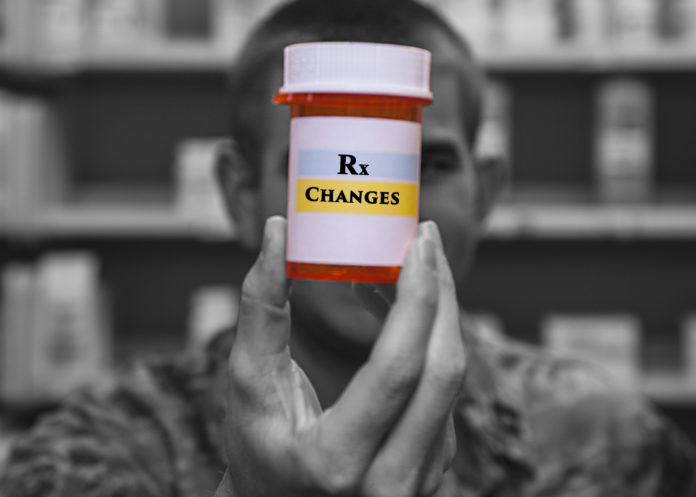Next time you grab that over the counter pill for an ache or just because you have not been feeling yourself for a couple of weeks, pause and think. While over the counter (OTC) drugs comprise a huge portion of medicine distribution in India, subjecting your body to any extraneous chemical, be it a drug or a nasal spray, without medical advice, is never advisable.
According to the National Coordination Centre – Pharmacovigilance Programme of India (NCC-PvPI), OTC drugs constitute about 20% of Indian market.
What are OTC drugs?
Over-the-counter drugs are drugs that can be bought without the prescription from a doctor. In India all the drugs not included in the list of “prescription-only drugs” are considered to be non-prescription drugs (or OTC drugs). Prescription-only drugs are those medicines that are listed in Schedules H and X of the Drug and Cosmetics Rules.
Drugs listed in Schedule G (mostly antihistamines) do not need prescription to purchase but require the following mandatory text on the label: “Caution: It is dangerous to take this preparation except under medical supervision”. OTC drugs include medicines used for minor ailments like fever, vitamins and minerals; health tonics, cough and cold; gastrointestinals; analgesics; dermatologicals; herbal / ayurvedic medicines, among others, which do not contain any substance listed in Schedules G, H or X.
Some drugs are supposed to have minimum side effects
There is also a provision under schedule G and H which exempts Topical or external use (except ophthalmic and ear / nose preparations containing antibiotics and / or steroids) applications of the ingredients from these schedules e.g. while Diclofenac is listed in Schedule H but its topical form is excluded. Some of the vitamin supplements come under price control, which can be addressed by making dosage / formulation combination modification and certain allergies. These are drugs which are supposed to be safe with minimum side effects.
What is wrong with OTC drugs?
Unlike the more developed nations, India does not have a clearly defined Over-the counter drug list and pharmacovigilance is restricted to mostly large medical institutions and this leads to poor regulation of drugs being sold by stand alone pharmacies (including rural India) and also very minimal reporting of adverse drug reactions.
A look at some common OTC drugs and why self medication with them no matter what advertisements claim, may not be a good idea:
OTC product: Xylometazoline (nasal decongestant)
Risk: Rhinitis meducamentosa (nasal congestion with sneezing)
OTC product: Piperazine(deworming drug)
Risk: Nerve damage
OTC product: Analgin (pain killer)
Risk: Anemia, fatigue
OTC product: Aspirin (pain killer)
Risk: Kidney disease, gastro intestinal bleeding
OTC product: Quiniodochlor (anti-diarrhoeal)
Risk: Eye damage
OTC product: Nitrofurazone (anti bacterial cream)
Risk: Cancer
OTC product: Vitamin B12
Risk: Headache, anxiety
OTC product: Calcium
Risk: Irregular heart rate, weakness
OTC product: Vitamin D
Risk: Kidney stone


